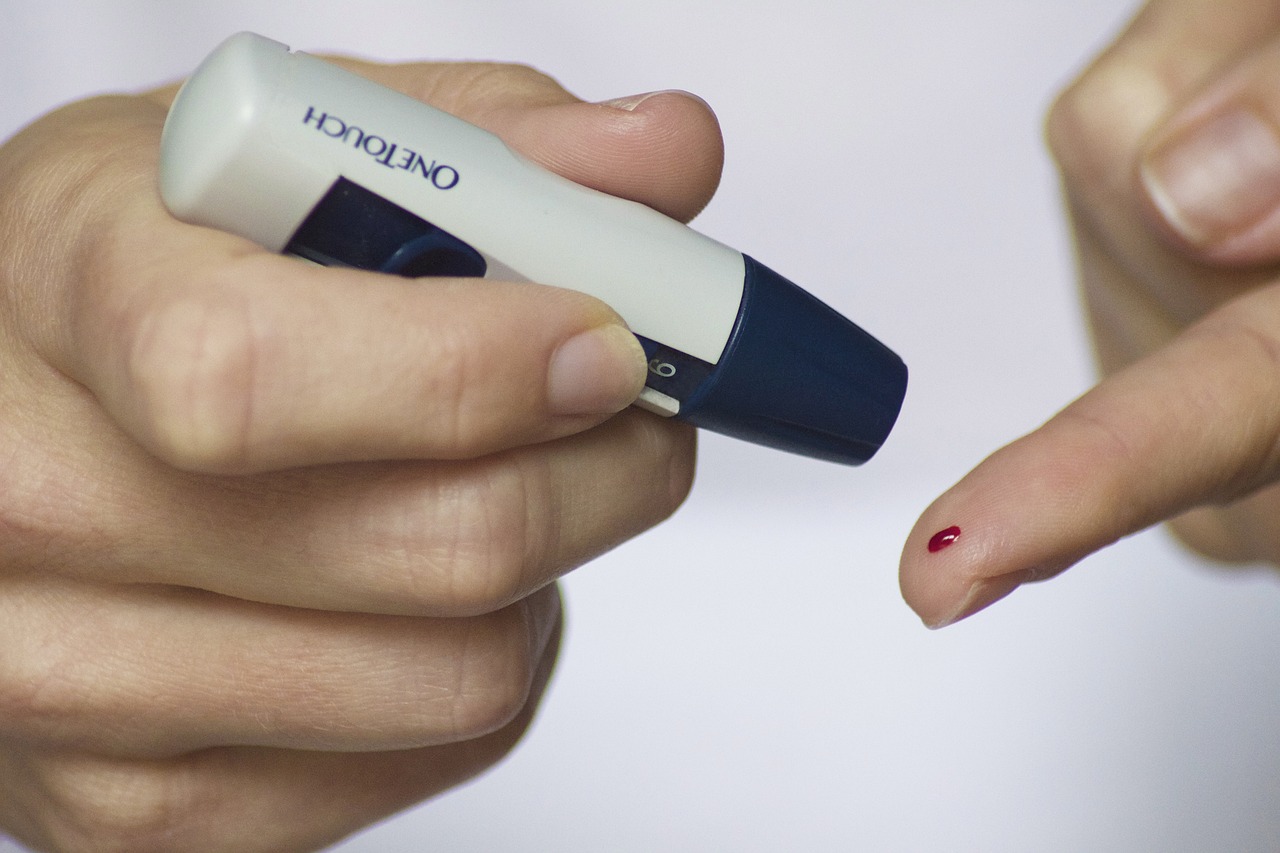United States: Blood sugar level fluctuations in people with type 1 diabetes can affect their thinking abilities in various ways.
Latest research on cognitive speed and efficiency
In the latest research, scientists have focused especially on cognitive processing speed, which is the ability to process incoming information and attentiveness.
Laura Germine, study co-senior author, said, “Our results demonstrate that people can differ a lot from one another in how their brains are impacted by glucose,” as US News reported.
Adding further, she said, “We found that minimizing glucose fluctuations in daily life is important for optimizing processing speed, and this is especially true for people who are older or have other diabetes-related health conditions,” as US News reported.
She is the director of the Laboratory for Brain and Cognitive Health Technology at the McLean Hospital in Boston.
The findings of the study were published in the journal npj Digital Medicine onMarch 18
This finding was outlined by the researchers based on the fact that fluctuations in glucose were well known to impair thinking in type 1 diabetics.
How was the research conducted?
To do that, the researchers used wearable digital glucose sensors and smartphone based cognitive tests to collect the data on 200 persons having type 1 diabetes as they did their daily tasks.
During the 15-day course, sensors were reading data on daily blood sugar levels every five minutes. Students arrived in the lab three times a day and did the cognitive tests.
The participants had impaired cognition when their blood sugar level was at an extreme level, as observed by the Boston research team. However, this slowing down of the speed of processing occurred, but not in the provision of attention, US News reported.
This phenomenon may be attributed to how the processing speeds may react to the sporadic drops or increases of blood sugar at the moment, which may not affect attention until there are high or low blood sugar levels over a longer duration.
The team also noticed that some of the type 1 diabetes patients were much more susceptible to the effects of glucose levels on the brain than other people. This was due to the fact that a few people belonged to the older class of diabetes patients or they were having certain health conditions.
Various blood sugar levels cause varying intellectual performances

Zoë Hawks, study lead author, said in a McLean Hospital news release, “In trying to understand how diabetes impacts the brain, our research shows that it is important to consider not only how people are similar, but also how they differ,” as US News reported. She is working as a research investigator at McLean.
Among the various findings of the research, scientists pointed out an interesting finding that those with type 1 diabetes were likely to have higher intellectual performance when their blood sugar levels were higher than normal levels.
Naomi Chaytor, the co-author of the study, and a professor of medicine at Washington State University said, “This was an important finding, because people with diabetes often report feeling better at a glucose level that is higher than what is considered healthy,” as US News reported.
She added, “It could be that your brain habituates to a glucose level that it is used to,” and, “So, a next step in this research is to see whether the glucose level associated with peak performance shifts down into the normal range when the amount of time spent above range is reduced.”






